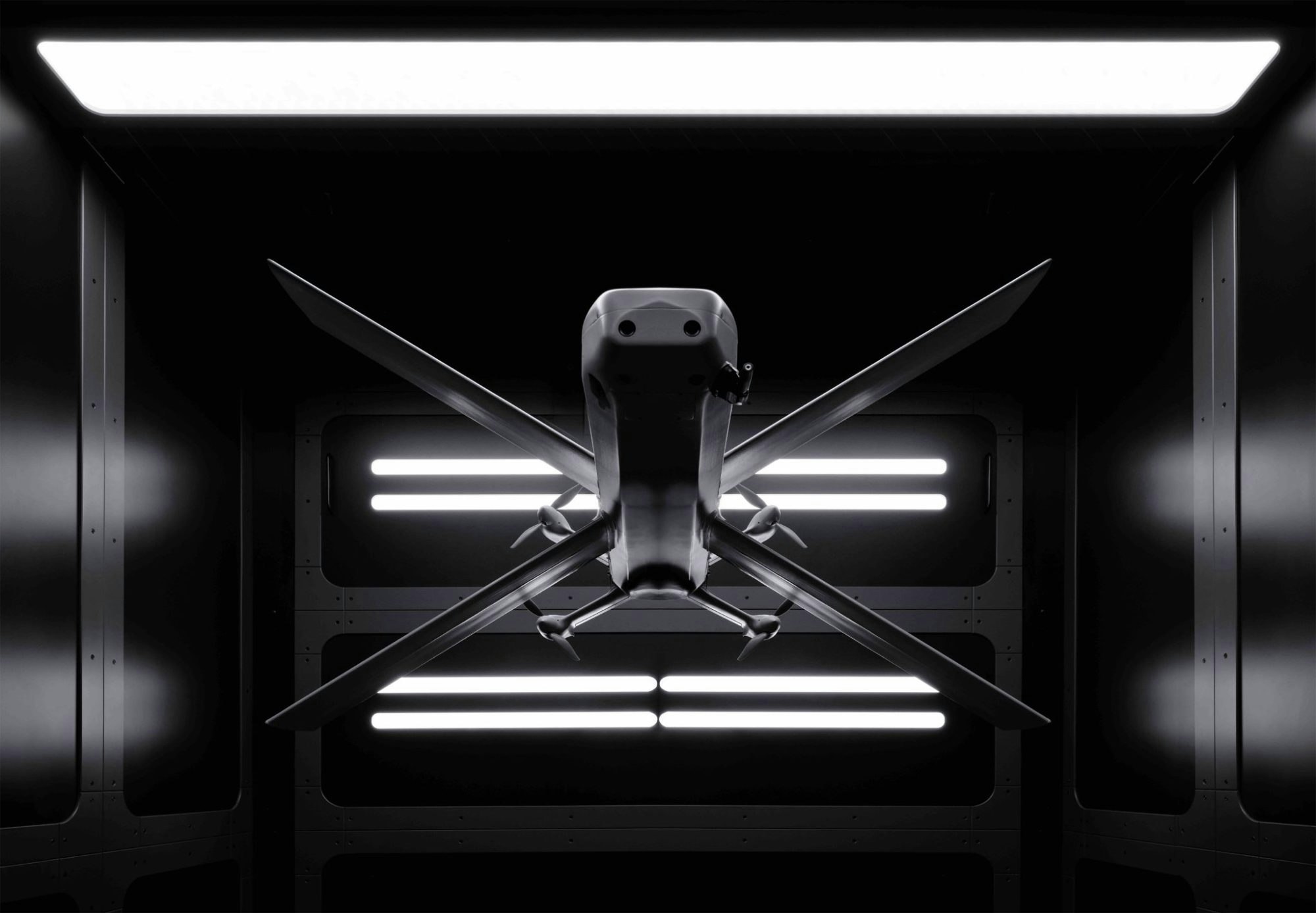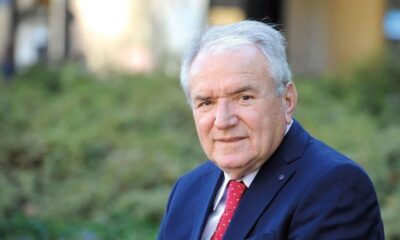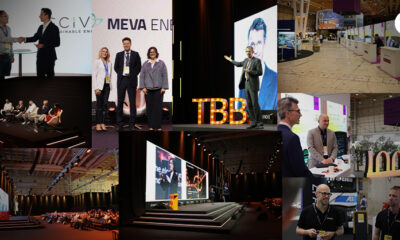Business
European Defence Tech Investment Surges Nearly 30% in 2025

Investment in European defence technology has experienced significant growth, with funding rising by nearly 30% in the first half of 2025. According to new data from Sifted, venture capitalists (VCs) invested €946.3 million into defence startups during this period, marking a 26% increase compared to the same timeframe in 2024. This surge has positioned defence tech among the top five most-funded sectors for the first time.
The landscape of defence tech investments has changed dramatically, with the overall number of deals climbing by 54%. A notable trend is the predominance of early-stage investments, as 31 of 36 deals were in the early phases of development. The German startup Helsing secured the largest funding round of the period, raising €600 million in a Series C funding led by Daniel Ek‘s firm, Prima Materia. This investment propelled Helsing’s valuation to an impressive €12 billion, establishing it as one of Europe’s most valuable startups, primarily focused on AI-driven battlefield software and advanced drone technologies.
Other companies also joined the funding wave. In May, Quantum Systems, a German company specializing in autonomous surveillance drones, and Tekever, a Portuguese drone manufacturer, each secured funding rounds that valued them at over €1 billion, effectively earning them unicorn status.
Germany Dominates Defence Tech Funding
Germany has emerged as a leader in this funding boom, attracting the majority of investments with a total of €805 million in the first half of 2025. This includes €31 million raised by ARX Robotics, a Munich-based maker of autonomous unmanned ground systems. As Jack Wang, a partner at Berlin-based VC Project A, noted, the defence tech ecosystem is thriving, with more funds available than ever before. He cited the influence of limited partners (LPs) urging general partners (GPs) to invest in defence, resulting in successful outcomes such as Helsing and Quantum Systems.
Despite the growing interest, some investors remain cautious, focusing primarily on non-lethal technologies and dual-use startups that serve both military and commercial sectors. Nicholas Nelson, a general partner at Estonian fund Archangel, acknowledged that while defence-oriented investments are increasing, many investors still lack the confidence to fully commit to companies developing offensive technologies.
Regional Insights and Emerging Trends
In the Baltics, the urgency to innovate in defence technologies is palpable, driven by proximity to geopolitical tensions, particularly with Russia. Countries like Estonia, Finland, and Poland are pushing forward with initiatives that are less visible in larger cities such as Madrid or London. The Estonian state-backed fund SmartCap announced a €100 million defence fund in January to support both VCs and startups, provided they can invest in weaponry. Similarly, the coalition of founders and investors known as Darkstar has closed €15 million of a new €25 million fund dedicated to military applications, including weapon technologies.
As the market evolves, investors are keeping an eye on several key areas. Drones continue to attract attention, although some investors express concern about the saturation of drone startups. Wang mentioned that roughly one in four founders his firm engages with are focused on aerial drones, reflecting a trend that has intensified due to the ongoing conflict in Ukraine.
Furthermore, the landscape is shifting towards the development of interception drones, which aim to counter missile threats. This area remains largely underexplored despite rising investment. Another emerging focus is on space technology related to defence. Many startups in this sector currently rely on funding from the European Space Agency rather than national ministries of defence, highlighting an area ripe for growth and potential collaboration.
As the defence technology sector continues to expand, investment patterns suggest a promising future, albeit with a cautious approach from some investors who still prioritize dual-use applications. The dynamics of this booming sector will likely redefine Europe’s approach to defence innovation in the coming years.
-

 Entertainment2 months ago
Entertainment2 months agoAnn Ming Reflects on ITV’s ‘I Fought the Law’ Drama
-

 Entertainment3 months ago
Entertainment3 months agoKate Garraway Sells £2 Million Home Amid Financial Struggles
-

 Health2 months ago
Health2 months agoKatie Price Faces New Health Concerns After Cancer Symptoms Resurface
-

 Entertainment2 months ago
Entertainment2 months agoCoronation Street’s Carl Webster Faces Trouble with New Affairs
-

 Entertainment2 months ago
Entertainment2 months agoWhere is Tinder Swindler Simon Leviev? Latest Updates Revealed
-

 Entertainment3 months ago
Entertainment3 months agoKim Cattrall Posts Cryptic Message After HBO’s Sequel Cancellation
-

 Science3 weeks ago
Science3 weeks agoBrian Cox Addresses Claims of Alien Probe in 3I/ATLAS Discovery
-

 Entertainment2 months ago
Entertainment2 months agoOlivia Attwood Opens Up About Fallout with Former Best Friend
-

 Entertainment3 months ago
Entertainment3 months agoMarkiplier Addresses AI Controversy During Livestream Response
-

 Entertainment3 months ago
Entertainment3 months agoMasterChef Faces Turmoil as Tom Kerridge Withdraws from Hosting Role
-

 Entertainment4 months ago
Entertainment4 months agoSpeculation Surrounds Home and Away as Cast Departures Mount
-

 World2 months ago
World2 months agoCole Palmer’s Mysterious Message to Kobbie Mainoo Sparks Speculation





















